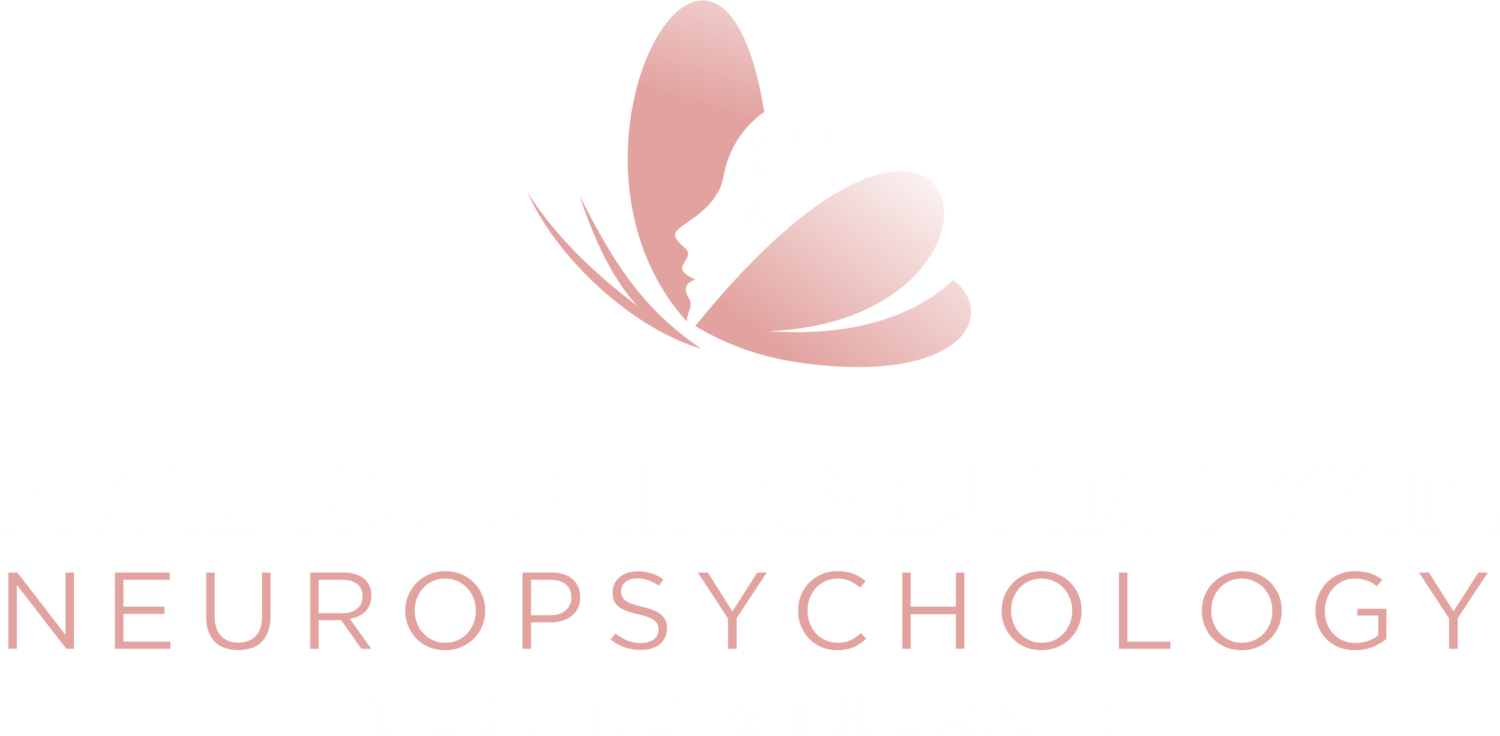FAQs
Pediatric Neuropsychology: Answers to Frequently Asked Questions
What is Clinical Neuropsychology?
Clinical neuropsychology is focused on understanding the link between the brain and behavior. For example, how changes in the health of the brain may affect the ability to pay attention, remember, or solve problems. This understanding between how someone thinks and acts and how the brain works is used to diagnosis and treat brain disorders.
What does a neuropsychological evaluation involve?
A neuropsychological evaluation involves examining thinking, behavior, and social-emotional functioning. The evaluation uses standardized tests and procedures.
Read More
Examiners work directly with your child. They also talk to you and teachers and other doctors. Tests may be performed using paper and pencil or on the computer. Your child will be asked many questions and to solve different types of problems. Neuropsychological evaluations typically include tests that measure the following: • Intelligence (IQ) • Problem solving • Planning and organization • Attention and memory • Processing speed • Language • Academic skills • Visual perception • Control over hand movements • Depression and anxiety • Aggression and impulsive behavior • Social skills The neuropsychologist will also review your child’s medical and school records to help understand how the test results relate to daily life.
What is a Pediatric Neuropsychologist?
Pediatric neuropsychologists are licensed psychologists. They have training in both clinical psychology and neuropsychology. They have special training in how the brain develops. They use this training to evaluate and help manage children with brain disorders.
Read More
Such disorders may involve brain injury, medical disease, or developmental problems. Pediatric neuropsychologists help parents, teachers, and physicians to:
- Understand how problems with the brain may relate to problems seen at school, home, or with peers
- Understand how a child learns best
- Understand why a child may have behavior problems
- Help a child deal with thinking or behavior problems
- Identify neurological or psychiatric problems
- Help match expectations to a child’s specific strengths and weaknesses
- Work with other doctors and teachers to develop the best treatment and school plan for a child
How does a neuropsychological evaluation differ from a school evaluation?
Pediatric neuropsychologists and school psychologists often use some of the same tests. However, school evaluations focus on deciding if a child has a problem with academic skills such as reading, spelling, or math.
Read More
Pediatric neuropsychologists focus on understanding why a child is having problems in school or at home. This is done by examining academic skills but also examining all of the thinking skills needed to perform well in and outside of school – skills like memory, attention, and problem-solving Understanding a child’s specific thinking strengths and weaknesses helps to better focus school plans and medical treatment and understand potential areas of future difficulty. Because neuropsychologists have training in clinical psychology, they are also able to diagnosis emotional problems like depression and anxiety.
How do I know if my child needs an evaluation?
You might consider getting an evaluation if you need a thorough profile of your child's thinking skills and social-emotional development to pinpoint why a specific difficulty is happening and what to do next.
Read More
Below are some common reasons for seeking an evaluation:
- Your child has problems with learning or processing that do not seem to be getting better
- You are not sure if your child is getting the right services at school
- Your child's therapist or medical doctor needs more information about what's going on
- You have tried everything, and just don't know what to do
- The problem is affecting your child's self-esteem, his friendships, his mood, or family life
- You thought your child would grow out of the issue, but it doesn't seem to be "just a phase"
- Your child is doing "okay" for now, but you're worried about what lies ahead -- maybe you're thinking ahead to middle school, high school, or college
- Your child just got a new diagnosis and you don't know what it means
- You would lik e re-evaluation to see what kind of progress they have made and how their needs have changed.
